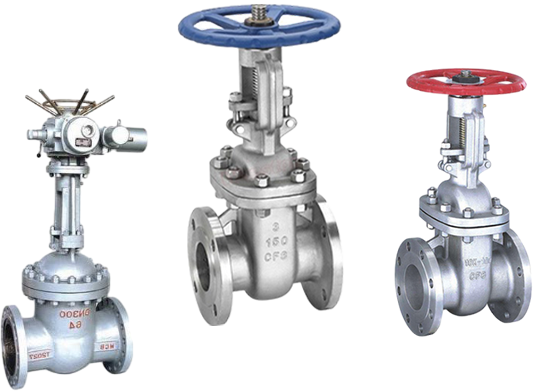Understanding the Functions and Benefits of Needle Control Valves in Fluid Systems
Understanding Needle Control Valves Functionality and Applications
Needle control valves are crucial components in various fluid control systems, allowing precise regulation of fluid flow. Their unique design enables them to handle low flow rates with exceptional accuracy, making them a favorite in industries ranging from oil and gas to pharmaceuticals. In this article, we will delve into the structure, functionality, and various applications of needle control valves.
Structure and Design
At the heart of a needle control valve is its unique design, which includes a tapered needle-like plunger and a seat. The needle is connected to a handle or actuator that allows for fine linear adjustments. As the handle is turned, the needle moves closer to or further away from the seat, thereby controlling the size of the opening through which fluid passes. This design enables the operator to achieve very small changes in flow rate, making it ideal for applications where precision is critical.
Functionality
The primary function of a needle control valve is to adjust the flow rate of liquids or gases in a piping system. By changing the position of the needle, operators can manipulate the flow with remarkable accuracy. This feature is especially important in scenarios where the flow rate needs to be finely tuned to meet specific operational requirements.
Needle control valves also provide excellent throttling capabilities, allowing users to maintain a desired flow rate despite fluctuations in pressure. This makes them vital in systems where the variables can change unpredictably, such as in chemical processing plants where reactions are sensitive to flow rates.
Advantages of Needle Control Valves
One of the primary advantages of needle control valves is their ability to offer precise control over flow rates. Unlike other types of valves, such as ball or gate valves, needle valves can effectively manage low flow rates without significant turbulence or pressure drop. Their design minimizes the risk of cavitation, a phenomenon that can lead to valve damage and system inefficiencies.
Additionally, needle control valves typically feature a robust construction that can withstand high pressures and temperatures. This durability extends their lifespan and reliability in challenging environments, making them an excellent investment for companies that rely on consistent performance.
needle control valves

Applications
Needle control valves are employed in numerous industries and applications
1. Hydraulics and Pneumatics In hydraulic systems, these valves are used to control the flow of fluids under pressure, ensuring that equipment operates smoothly and efficiently.
2. Chemical Processing The chemical industry benefits from needle valves for accurate flow control of reactive substances, where even minor flow adjustments can significantly impact reaction rates.
3. Oil and Gas In oil and gas operations, needle control valves help manage the flow of crude oil, natural gas, and other fluids, maintaining safety and operational efficiency.
4. Pharmaceuticals The pharmaceutical industry relies on needle valves for precise flow control in processes that require strict adherence to quality standards and consistency.
5. Aerospace In aerospace applications, needle control valves regulate fuel flow in engines, ensuring optimal performance and safety.
Conclusion
Needle control valves are essential tools for industries requiring accurate flow management. Their precision, durability, and versatility make them ideal for a wide range of applications where control is paramount. As technology advances, the design and material of needle valves continue to evolve, allowing for even greater performance and adaptability. Businesses investing in needle control valves can expect improved system efficiency and reliability, ultimately leading to enhanced productivity and safety. Understanding the fundamental aspects of these valves will empower professionals to utilize them effectively, ensuring optimal performance in various operational contexts.
-
The Key to Fluid Control: Exploring the Advantages of Ball Valves in Industrial SystemsNewsJul.09,2025
-
The Versatile World of 1, 2, and 3 Piece Ball ValvesNewsJul.09,2025
-
Stainless Steel Ball Valves: The Ideal Choice for Efficient Flow ControlNewsJul.09,2025
-
Optimizing Fluid Control with Ball Float ValvesNewsJul.09,2025
-
Manual Gate Valves: Essential for Control and EfficiencyNewsJul.09,2025
-
Everything You Need to Know About Butterfly ValvesNewsJul.09,2025
-
The Versatility of Wafer Type Butterfly ValvesNewsJul.08,2025




